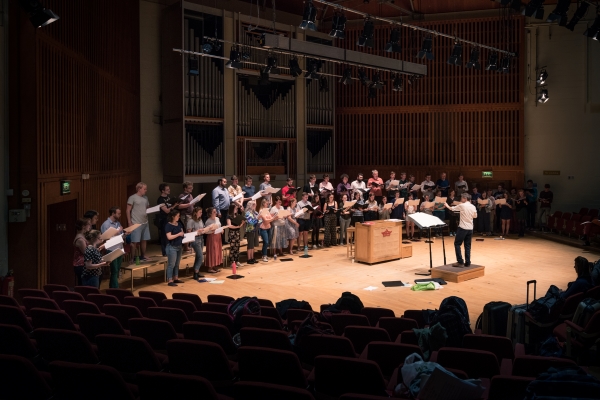English language requirements
If English is not your first language you must provide evidence of your ability.
English language requirements
Applying
Apply for the PhD in Music
Take a look at the supporting documents you may need for your application.
Find out more about how to apply.
Identify a supervisor
You should identify a potential supervisor in our faculty whose area of research overlaps with yours. We encourage you to contact them to discuss your research proposal before you apply.
You should note your preferred supervisor in your application.
Research proposal
You will need to submit a proposal which should be around 1500-2000 words long. (It can be useful to develop this proposal in consultation with the staff member who will potentially supervise the work, if this is known.) The proposal should include:
- provisional title of research
- summary of the topic to be investigated
- indications of relevant previous work in the field by others: key theoretical research or creative practice
- an overview of your own experience to date, relevant to the proposal
- your broad aims and specific questions within this
- provisional information about the likely methods to be used: will the work take place primarily through artistic/creative practice research, empirical processes of experimentation and/or theoretical investigation?
Supporting documents
You will also normally be required to provide a sample of your work. For composition, supply two examples of scores you have composed and, if available, recordings of performances of your compositions.
For performance, you will be required to play or sing if you are invited to an interview, and you should bring with you an essay of about 3,000 words on a topic related to performance practice.
If you are unable to attend an interview in person then you should send a certified recording of a recent performance and an essay of about 3,000 words on a topic related to performance practice. For other areas, e.g. musicology, analysis, ethnomusicology or music education, supply an essay of 3,000 to 5,000 words on a topic related to your proposed field of study.









